http://www.azquotes.com/author/524-Aristotle
Teacher- librarians facilitate a pivotal role in shaping the learning culture of schools. Often times, we are called upon to be resource and technology experts, know authors/books by name and cover and also to be “up-to-speed” with current and “cutting edge” instructional strategies and practices.
From a school perspective, the teacher-librarian serves the needs of students, staff, administrators and families. Among other tasks, our efforts and endeavours attempt to promote literacy, support learning and enhance educational experiences for our patrons.

http://blog.whooosreading.org/15-most-accurate-school-librarian-memes/
While many aspects of the teacher-librarian job are “library related” (managing and updating the collection, setting up displays, promoting books and authors, hosting special guests, etc.), other aspects trickle beyond the library to provide a level of support to colleagues.
Even with a revamped BC Curriculum and greater instructional freedom and creativity, teachers are still coping with classroom challenges and busy schedules. While a teacher-librarian can initiate school-based learning and professional development, teachers will ultimately pursue the avenues of learning that matter to them. We can provide suggestions and routes, but teachers need to direct their own learning paths both personally and professionally.
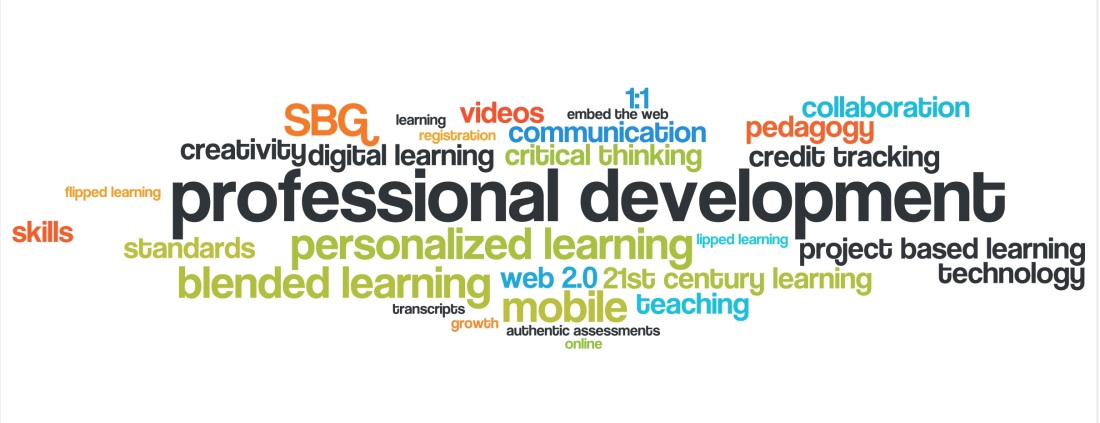
http://www.gosignmeup.com/haiku-partners-with-gosignmeup/
Due to the broad scope of learning possibilities and personal preferences, a teacher-librarian (especially one working with a part-time contract) could actively share information, initiate learning and gradually influence pedagogy and practice through subtle and often indirect ways.
“Sharing comes in many forms. It may be a blog where we reflect on our work, or a video that captures a process. It may even just be a PDF of the paper handout that was the foundation of an outstanding group project. What matters is putting it out there so others can build on it, make it their own, or just share it in the staff office” (Richardson, 2012).
Through an established rapport with colleagues, I feel comfortable sharing information- although I don’t always know how the information will be received or perceived. The aspect and action of sharing extends my own learning and also influences the thoughts and perceptions of my colleagues.
I make regular attempts to offer colleagues different forms of information which often includes:
• Email with links to literacy related sites or digital resources that support K-3 curriculum.
• Participating in our District book club and reporting back/sharing content with staff
• A mini presentation at a staff meeting promoting a new resource or app.
• Monthly contributions to the school newsletter showcasing new items to our library or sharing learning tasks.
• Anticipating teacher’s needs and either “pull” resources or bring in resources (from our District Resource Centre, public library, local museum, etc.), to help teachers cover certain topics/themes.
• Link to my blog so they can see what I have been learning about and also how I have been commenting on our school culture and priorities.
• Casual conversations before, during and after school where I listen, share, offer, suggest, etc. in minor ways to offer additional perspective and insight.

https://gwynteatro.wordpress.com/2009/11/02/casual-conversation-in-the-workplace-something-to-talk-about/
• Spearheading professional development sessions with other teacher-librarians in my community and report back to our Administrators and Assistant Superintendent to share our learning and collaboration.
• Promoting and advocating library tasks, events and learning
• Inviting teachers to browse the collection or newly added resources and offer treats, snacks or tea/coffee as incentive. When they are in the library space, it is easier to connect with them or find out how to support them further.
• Try an app or technology task with students during “library time” then provide feedback to the teacher
• Go into their classrooms to debut or showcase digital resources and demonstrate how they can support learning and curriculum tasks.
• Offer (and attempt) to solve technology related issues or glitches (or bring in outside support to assist classroom teachers).
• Advocating for greater access to technology (such as more laptops or IPADs for the school) and also for training opportunities for staff or TL’s at a District level (to support the development of digital literacy skills, promote digital resources, etc.).
These initiatives are fairly simple, yet continue to develop my rapport and relationship with staff and also promote the library as a learning centre within our school.
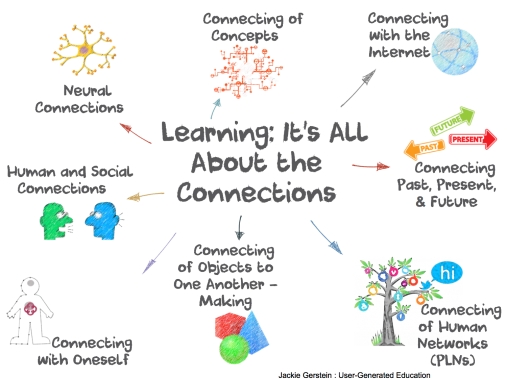
https://usergeneratededucation.wordpress.com/2015/06/01/its-all-about-the-connections/
Integrating technology into learning tasks is becoming more popular at our District level and also in our classrooms and learning spaces. While my District is emphasizing technology based tools and teaching, our schools are not yet equipped to embrace the full-range of applications. Our school of 220 students shares 30 notebook computers and each classroom is outfitted with a Smartboard, document camera and 2 IPADS (with pre-loaded District purchased apps). Until our staff and school make technology a priority (or at least outline some parameters for technology usage), I can continue to share videos such as this one to inspire change:
Sharing my own journey with ICT curriculum and pedagogy development will encourage (and hopefully) inspire colleagues to take steps forward. Rather than trying to “learn it all” or “do it all”, my process unfolds naturally and charts a different course occasionally, if the learning is not relevant or interesting to my practice.
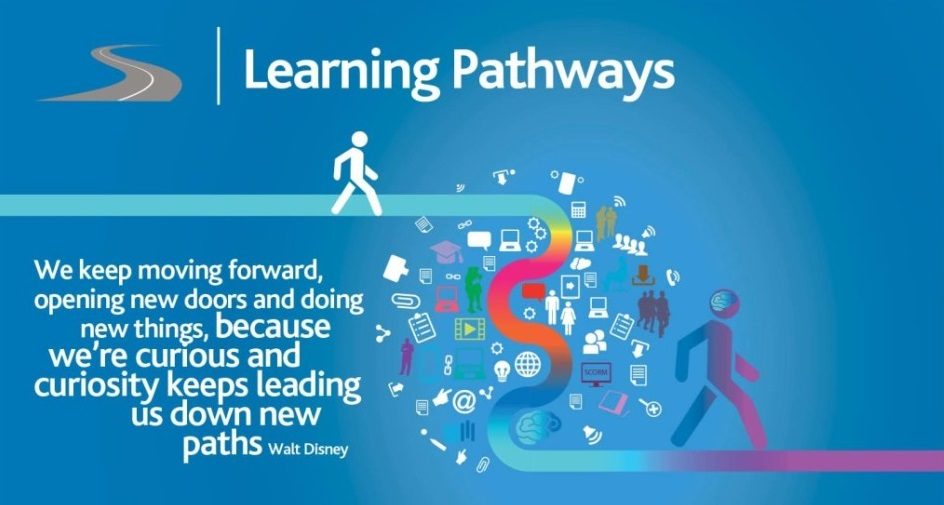
https://blogs.glowscotland.org.uk/nl/CNHScareers/learning-pathways/
I could also see a benefit in sharing small doses of ICT in manageable amounts through a weekly discussion group or “book club” consisting of teachers interested in learning more about the topic. Certain aspects of the ICT Competency Standards for Teachers Policy Framework published by UNESCO would serve as a useful conversation starter and spark learning.
As would a poster format outlining digital literacy skills that could be explored gradually and through collaborative partnerships.
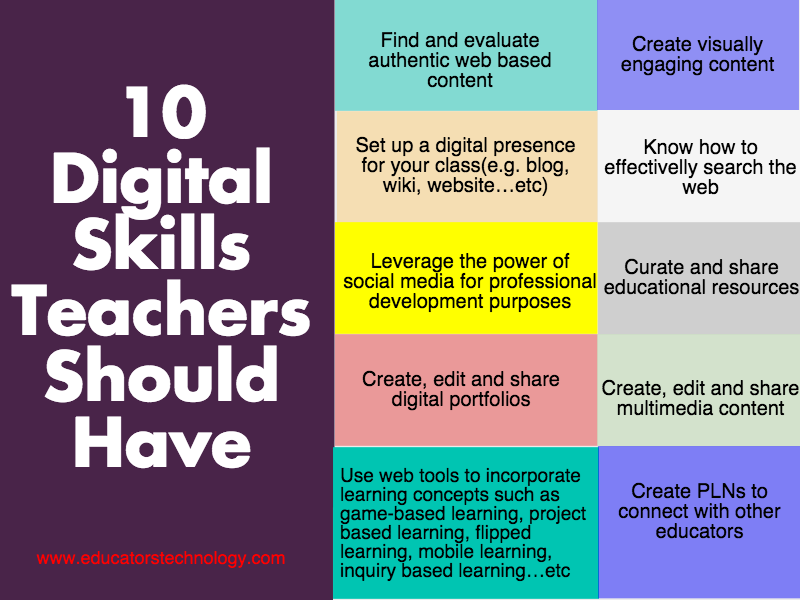
https://www.pinterest.ca/pin/469922542349564576/
Although the professional pursuits of teachers will largely continue to be directed by many factors, encouraging ICT curriculum and pedagogy development can transform school learning cultures and ignite collegiate collaboration. Supporting others in their learning journey, would expand and broaden my own capacity for thinking, sharing and teaching in the 21st Century.
References
British Columbia Ministry of Education. (n.d.). BC’s Digital Literacy Framework. Retrieved from https://www2.gov.bc.ca/assets/gov/education/kindergarten-to-grade-12/teach/teaching-tools/digital-literacy-framework.pdf
Richardson, Will. Why School?: How Education Must Change When Learning and Information Are Everywhere (Kindle Single) (Kindle Locations 392-393). TED Conferences. Kindle Edition.
UNESCO. (2008) ICT competency standards for teachers: Policy framework. Retrieved from http://unesdoc.unesco.org/iamges/0015/001562/156210E.pdf
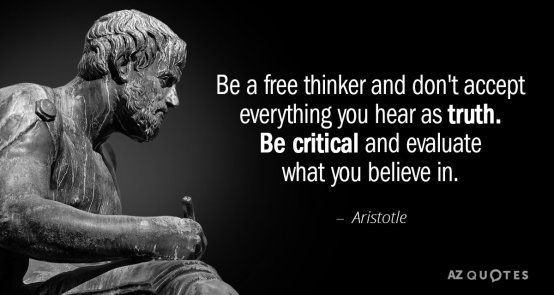
Thank you for your blog post this week. As a future tl, it gives me another perspective on how to possibly reach out to not only staff but also students and administrators.
LikeLike
What an in depth post with lots of great information. I like the ’10 digital skills teachers should have’ graphic and think I will use it with my colleagues. Often teachers worry they aren’t doing enough, and I think this graphic is a good starting point. I also appreciate the points you shared of how you use your role as a TL to help others. I will definitely take note for when I start my first TL job next year.
LikeLike
Great post; you have really provided a sense of the complexity involved with just this one aspect of the role of the teacher-librarian. At the same time, you have strongly highlighted how strategy and subtlety may also be involved. I like how you have connected to your own experiences.
LikeLike